You don’t realize what’s missing until your body forgets how to ask
It doesn’t start with pain. It starts with a pause. A blank stare at your toothbrush. A slow response to your name. You think you’re tired. You think it’s the season. But something’s off. And it’s quiet. Like your blood is whispering, and no one’s listening. You forget to question it. Because nothing hurts. But you’ve stopped moving like yourself.
You mistake depletion for personality.
Fatigue arrives not with a crash, but with gentle erosion
You still get up. You still do things. But slower. With more breath between steps. Your mornings feel like evenings. You sit more often. Your eyes blur when they shouldn’t. No one notices. You barely do. Until one day, a short walk feels too long. A bag feels too heavy. A conversation feels like work.
You’re not falling apart. You’re fading inward.
Your mouth becomes the first place you forget to feel alive
Tongue feels strange. Tingling. Lips feel pale. Food loses color. And flavor. You bite your cheeks without noticing. Mouth ulcers return, like old stories. You ignore them. You blame stress. You chew slower. Speak softer. But deep down, something essential feels muted.
Even taste buds mourn the silence inside you.
You confuse emotional detachment with strength
You don’t cry anymore. But you also don’t laugh. Or feel much of anything. It’s not numbness—it’s distance. Like emotions are there, but buried under something thick. You don’t connect. You don’t react. You stop finishing stories. Or starting them. You say “I’m fine” so often, it loses its shape.
Your brain is working. But it feels foreign.
You stare at things longer, waiting for them to make sense
Words blur. Signs delay. Pages flicker in front of you. You know how to read—but your brain pauses before recognizing. You forget appointments. You forget the stove. You forget what you were saying halfway through. Your memory isn’t gone—it’s just tired. Fog settles where clarity used to live.
Thoughts don’t vanish. They just take longer to find you.
Your heartbeat writes messages you can’t decode
It flutters. Misses. Rushes. Then slows. You feel it in your neck. In your ears. In your wrists. You place your hand on your chest like a question. You breathe. You count. It settles. But the unease remains. You wonder if it’s anxiety. But your body says otherwise.
Your heart remembers what you forget to notice.
Vitamin B12 doesn’t shout—it slowly dims the lights
It’s found in animal products. Meats. Eggs. Dairy. Sometimes fortified cereals. But the body doesn’t hoard it forever. And when it slips, so do you. The brain fog. The numbness. The unsteady legs. The misplaced words. The shallow breath. It builds gradually. It mimics other problems. And so, it hides in plain sight.
You don’t know it’s gone until you’re already different.
Folate hides its absence inside stories no one told you
It’s in leafy greens. Legumes. Or pills you forgot to take. But it works quietly. Helping cells divide. Helping DNA repair. Helping red blood cells be born. Without it, anemia begins. You feel it long before blood tests do. Your skin pales. Your energy thins. You exist—but only barely.
No one taught you to notice the absence of folate.
Pernicious anemia sounds dramatic—but mostly, it just feels lonely
It’s caused by an inability to absorb B12. Autoimmune. Slow. And invisible. You don’t know it’s happening. You just know you’re not yourself. Doctors shrug. Friends say “rest more.” But rest is not the problem. Food is not the cure. Your body’s rejection becomes your daily quiet.
You begin to mistrust your own experience.
No one checks your blood until you insist something is off
You finally ask. You feel dramatic. The nurse draws blood. You wait. Results come. Low B12. Low folate. Maybe even macrocytic anemia. The kind where red blood cells grow large and inefficient. Your cells are showing signs of desperation. Not failure—just struggling too long in silence.
The diagnosis is not a relief. It’s confirmation of something you already lived through.
You don’t know how long it will take to feel like yourself again
You start supplements. You try injections. You ask how long recovery takes. They don’t know. Everyone’s different. You want a timeline. But deficiency doesn’t wear a watch. It lets go slowly. It returns reluctantly. The fog clears in slivers. The energy returns in fragments.
You have to celebrate small resurrections.
You become fluent in how your body whispers
You feel your breath deepen. Your thoughts sharpen. Your mood return in fragments. You remember names again. You laugh without forcing it. You climb stairs without preparing. You chew without biting your tongue. Your eyes brighten. Your voice gains color. You start to recognize yourself again—not all at once, but enough.
Healing becomes a quiet kind of revolution.
You reread your old messages and see the tiredness between the words
You didn’t say, “I’m falling apart.” You said, “Just tired.” “Just stressed.” “Just been busy.” Now you read those words and feel the weight behind them. You feel the fog you were wading through. You feel the slow collapse of someone trying not to alarm anyone.
Your past self was asking for help in lowercase.
You stop apologizing for needing care
You ask for labs sooner. You request injections when pills don’t work. You stop minimizing. You explain what fatigue really means. You stand firmer in your own knowing. You no longer let people translate your experience into something lighter. You let it be heavy.
Because pretending didn’t heal you—truth did.
You never look at a “normal range” the same way again
You know now that normal doesn’t always mean okay. That symptoms can exist before numbers do. That labs are tools, not verdicts. That your body speaks long before tests do. And sometimes, your instincts know more than your charts.
You learn to trust your tiredness when it doesn’t make sense.
